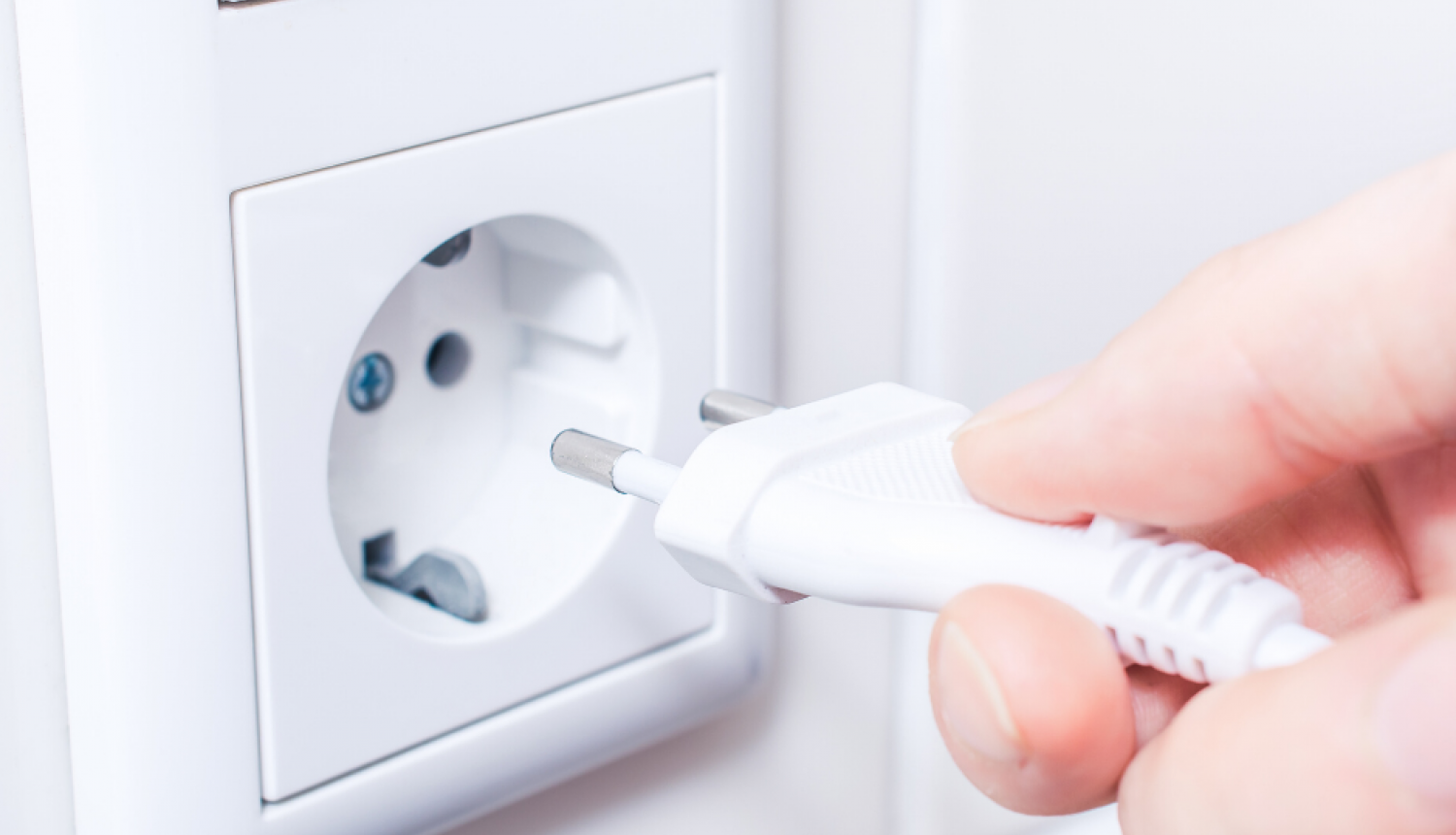In the first five months of 2020, the State Construction Control Bureau (SCCB) has become involved in 14 proceedings for the monitoring and control of the mandatory procurement component (MPC) mechanism for electricity. One of the cases is related to the renewal of State aid for electricity production to SIA Rīgas enerģija, in which the Administrative Regional Court has just rejected the appeal of the company – it is still not allowed to apply for the State aid for electricity produced by cogeneration.
In 2018, the Ministry of Economics (MoE) withdrew a permit issued to SIA Rīgas enerģija to sell the electricity produced by a CHP plant within the framework of mandatory procurement. In March this year, at the request of the Court, the SCCB control group carried out an inspection in the CHP plant of SIA Rīgas enerģija with regard to accounts of the produced and useful thermal energy and consequently established that the processes failed to comply with provisions of laws and regulations binding upon beneficiaries of the MPC aid. In addition, the Bureau has provided explanations to the Court regarding issues of the plant construction. In rejecting the appeal of the company, the Administrative Regional Court has emphasised that deprival of the right of the company to sell the electricity produced by cogeneration within the framework of mandatory procurement does not deprive the company of the right to carry out the specific type of commercial activity.
The MoE continues working constantly on the MPC system. Jānis Vitenbergs, Minister for Economics, emphasises, “Amendments to the Cabinet regulations have been approved prescribing increased strengthening of the monitoring of power plants which receive State aid, as well as suspension or restriction of amounts of the aid. I will also keep supporting progress of the draft law on revocation of the MPC. A reduction in electricity prices would serve as a useful support instrument during economic recovery, since COVID-19 affects each household, as well as entrepreneurship. While these amendments are still examined by the responsible commission of the Saeima, we will continue working actively on subordinate MPC monitoring and control issues. The proactive approach of the SCCB to the control of merchants who receive MPC has already demonstrated in the first months of this year that the State is able to ensure permanent and effective monitoring of the electricity mandatory procurement system promoting fair commercial activity and provision of the State aid only to honest merchants.”
“Monitoring authorities are not established to please but rather to bring the sector into the line and help to make it better. The aim of the control measures taken by the Bureau is to ensure that the State aid is only received by the power plants operating in good faith. The SCCB is supportive, yet it stands firm against any activities indicating fraud,” explains Svetlana Mjakuškina, Director of the SCCB.
The main causes of the rest of 13 disputes between the monitoring authority and companies constitute the established failure to comply with the deadlines set for the commencement of electricity production when producing electricity by cogeneration, tax debts, as well as recording of measurements of the produced heat and use of measuring instruments.
Six more companies are involved in the proceedings for the failure to comply with the set deadlines in launching production of electricity by cogeneration. Five companies in turn have a legal dispute with the Bureau over tax debts. Other two proceedings are related to the compliance of the operation of measurement devices for the accounts of heat energy or measuring system with the requirements laid down in laws and regulations.
Overall, the SCCB monitors 330 power plants, out of which 135 are hydroelectric plants, 51 are wind power plants, 42 plants produce energy from biomass, 51 – from biogas and 51 – from natural gas.
Starting from 1 January 2020, the SCCB has been responsible for the monitoring and control of the MPC mechanism in companies which have been granted the right to sell electricity produced by cogeneration within the framework of mandatory procurement or the right to receive guaranteed payments for electrical capacity installed in a power plant.
Information prepared by:
Jūlija Eizenberga, Public Relations Specialist, State Control Construction Bureau
E-mail: Julija.Eizenberga@bvkb.gov.lv, telephone: 67013327, 29482328



